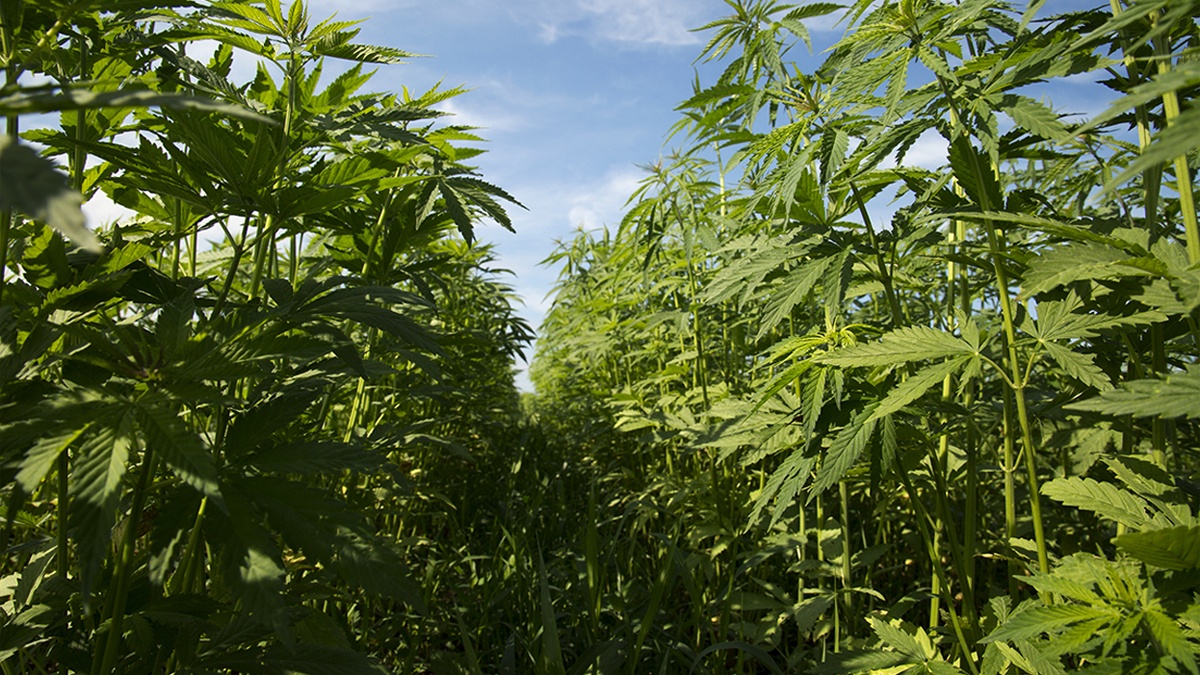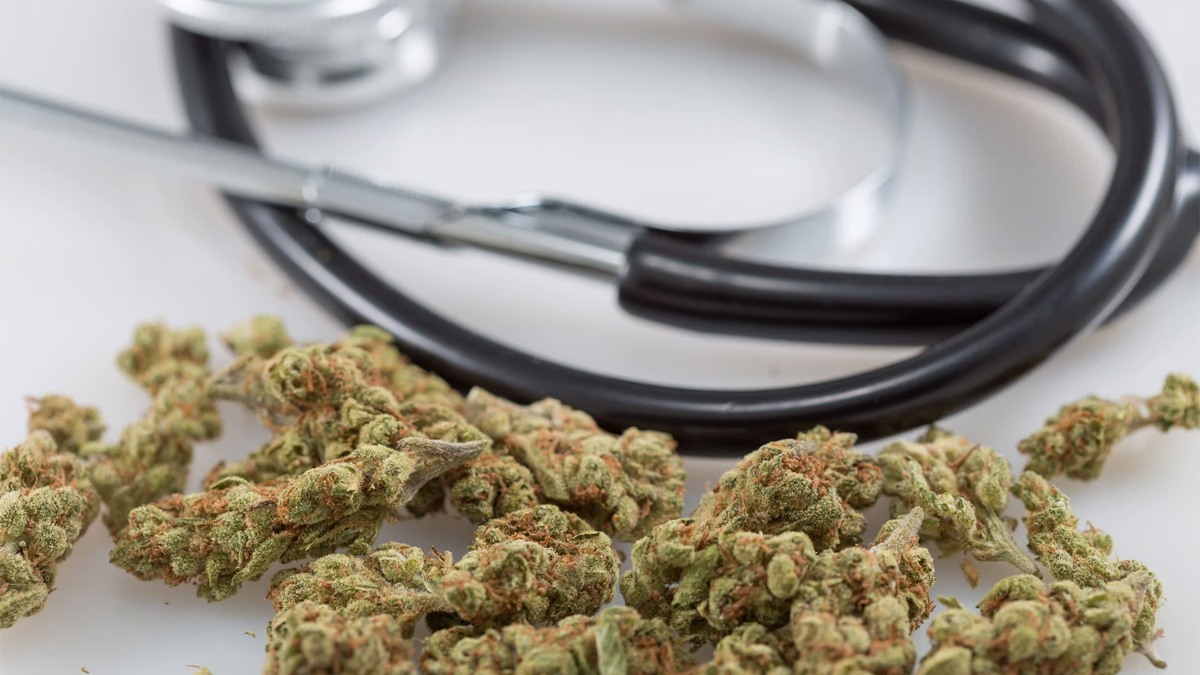
Photo courtesy of Brendan Cleak.
A federal agency has announced the recipients of an award honoring companies that successfully support military veterans—including a cannabis business that utilizes hemp for building material.
In a notice published in the Federal Register on Friday, the U.S. Department of Labor’s Veterans’ Employment and Training Service (VETS) said it is recognizing a “select group of veteran-ready employers for excellence in recruiting, employing, and retaining America’s veterans.”
Among the HIRE Vets Medallion Award Recipients is a company called Mr. Hemp House. The business specializes in “carbon-negative, bio-based material” that leverages hemp to “deliver superior insulation, fire resistance, moisture control, mold prevention and more,” according to its website.
The company markets hemp-based concrete, which is broadly considered to be an environmentally sustainable alternative to traditional building materials.
VETS included Mr. Hemp House as one of its 2024 awardees, which means it will be given a “certificate along with a digital image of the medallion for their use, including as part of an advertisement, solicitation, business activity, or product.”
While marijuana remains federally illegal, various federal agencies have embraced its non-intoxicating cannabis cousin, hemp.
For example, the U.S. Department of Energy (DOE) recently awarded $8.4 million to a hemp business working to provide sustainable cannabis-based alternatives for building materials, packaging and automobile parts.
DOE in 2021 sponsored another project with the company, Hempitecture, to develop hemp fiber insulation designed to be better for the environment and public health than insulation products.
In 2022, DOE separately awarded Texas A&M University $3.47 million to support a project to 3D print hempcrete products, with a focus on creating affordable housing.
Meanwhile, as another part of the government’s effort to encourage the use of more environmentally friendly building materials, the Environmental Protection Agency (EPA) in July awarded a nearly $6.2 million grant to a different nonprofit that works with hempcrete, the concrete-like material that’s made with hemp.
Earlier this year, Volkswagen announced that it was teaming up with a German hemp company to produce a cannabis-based leather alternative for its vehicles.
In 2022, U.S. Department of Agriculture (USDA) released a report on the hemp industry boom in Europe, recognizing that the cannabis crop is an increasingly important economic commodity that could also help the region achieve bold climate-related goals.
Meanwhile, as the nation’s hemp industry continues to mature, USDA is making what it calls “improvements” to a federal hemp crop insurance program. The changes, which take effect next year, ease certain crop-rotation requirements and remove smoke damage as a cause of covered loss.
USDA has been working to bolster the hemp industry, including by appointing a number of industry stakeholders this summer to a federal trade advisory committee meant to support efforts to promote U.S.-grown cannabis around the world.
The department also recently announced it is delaying enforcement of a rule requiring hemp growers to test their crops exclusively at labs registered with the Drug Enforcement Administration (DEA), citing “setbacks” at the agency that have led to “inadequate” access to such facilities.
This is the third year in a row that USDA has delayed enforcement of the lab testing policy for hemp required under the 2018 Farm Bill that federally legalized the crop.
USDA also awarded $745,000 to the National Industrial Hemp Council (NIHC) to support efforts to promote the industry internationally in emerging markets across the world. In 2020, USDA awarded NIHC $200,000 as part of a different grant program.
The latest grant round was distributed during a precarious time for the hemp industry. While a USDA report found that the market started to rebound in 2023 after suffering significant losses the prior year, it’s still facing uncertainties as congressional lawmakers have advanced bills that would effectively ban most consumable hemp-based cannabinoid products—a major sector of the cannabis economy.
The Congressional Research Service (CRS) said in a report in June that hemp provisions included in one spending bill that moved through committee could also “create confusion” for the industry due to a lack of clarity around the type of allowable products.
USDA is also reportedly revoking hemp licenses for farmers who are simultaneously growing marijuana under state-approved programs, underscoring yet another policy conflict stemming from the ongoing federal prohibition of some forms of the cannabis plant.
Meanwhile, internally at USDA, food safety workers are being encouraged to exercise caution and avoid cannabis products, including federally legal CBD, as the agency observes an “uptick” in positive THC tests amid “confusion” as more states enact legalization.
Kyle Jaeger via (https://www.marijuanamoment.net/federal-agency-honors-hemp-company-with-award-recognizing-commitment-to-veterans-employment/)
Keep out of reach of children. For use only by adults 21 years of age and older.










